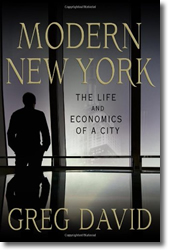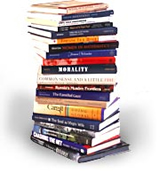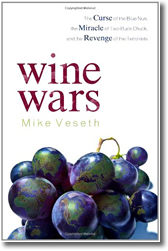Book Review: Modern New York
July 9th, 2012
David, Greg. Modern New York : the life and economics of a city. Palgrave Macmillan, 2012.
Last month I went to New York City. It had been 40 years since I had last visited there. I found it to be much changed.
Business journalist and New York resident Greg David explains why. In his new book, Modern New York, David chronicles the economic history of the financial capital of the world. Beginning with New York’s fiscal crisis of the 1970s, when the city was almost forced to declare bankruptcy, David weaves together the facts and stories about the companies and people who created modern New York.
David attributes the tough times in the early years to economic mismanagement, the increase in social programs, the effects of rent control and the increase in business and personal taxes brought on during the administrations of mayors John Lindsay and Abe Beame. He attributes the good times in later years to the business-friendly administrations of mayors Ed Koch, Rudy Guiliani and Michael Bloomberg.
David admits that the four Wall Street crashes since the 1960’s resulted in more concentrated wealth, but he explains that greed has been good for New York. Wall Streeters spent their income on housing, entertainment, dining and retail and the fortunes of the city improved overall. Through the last 4 decades, most factory and shipyard jobs were lost, replaced by new positions in the exploding financial, tourism and technology sectors.
The financial sector has been the cause of New York’s boom and bust economy, but the city sidestepped the worst effects of the 2008 financial crisis as Washington bailed out the big banks and Wall Street firms. David counts on the bankers, traders and financial executives to design more Wall Street innovations to send their own pay and bonuses soaring, which will increase tax revenues, create jobs in the trickle down economy, and save New York’s future, regardless of the harm it may cause elsewhere as other Americans lose their jobs and homes. This book is recommended for people interested in economics, finance or New York City.
© Reviewer: Meg Trauner & Ford Library – Fuqua School of Business.
All rights reserved.





